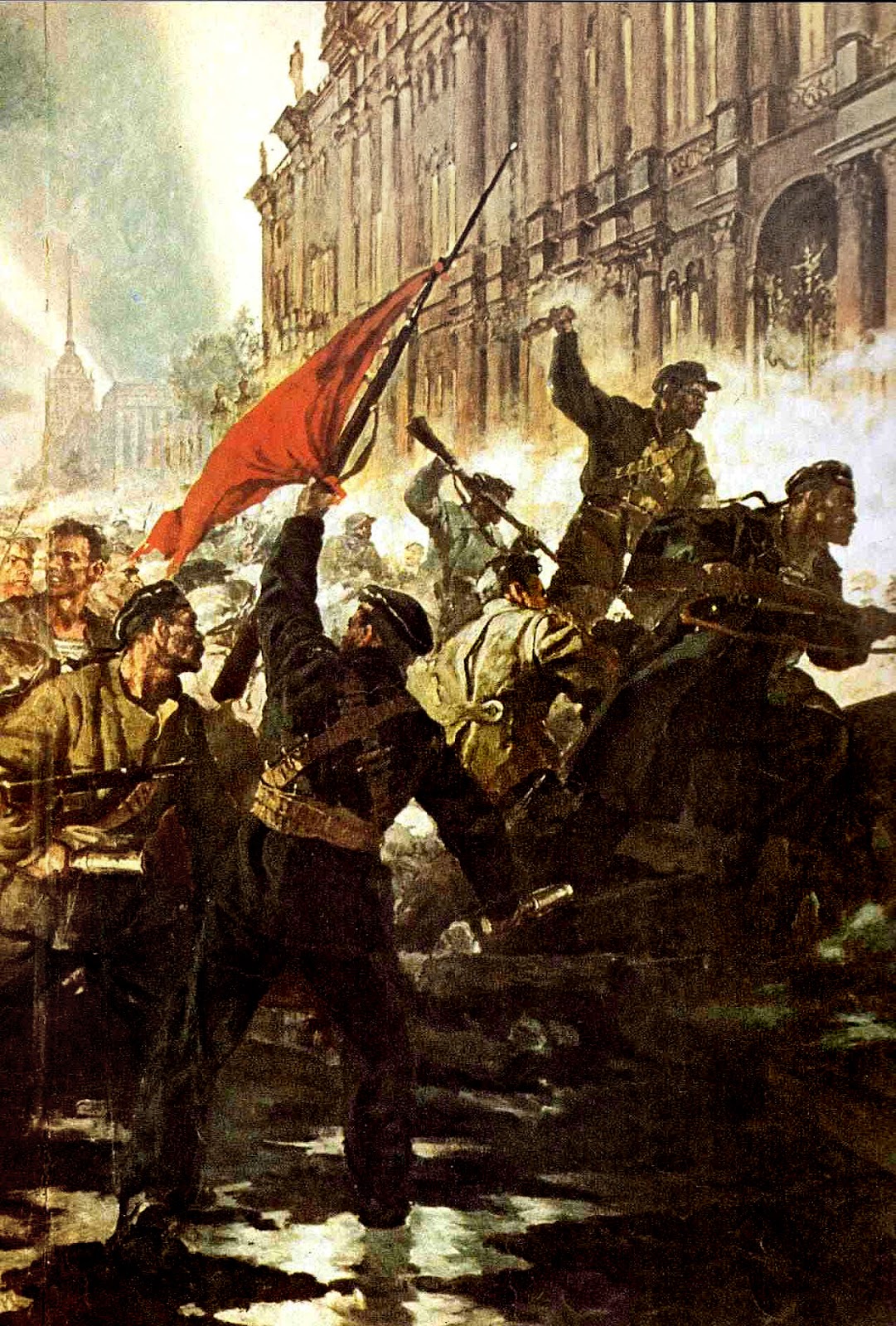


In Russia, the February Revolution (known as such because of
Russia’s use of the Julian calendar) began on March 8, 1917
when riots and strikes over the scarcity of food erupt in
Petrograd. One week later, centuries of czarist rule in Russia
ended with the abdication of Nicholas II, and Russia took a
dramatic step closer toward communist revolution.
By 1917, most Russians had lost faith in the leadership ability
of the czarist regime. Government corruption was rampant, the
Russian economy remained backward, and Nicholas repeatedly dissolved the Duma, the Russian parliament established after
the Revolution of 1905, when it opposed his will. However, the
immediate cause of the February Revolution—the first phase of
the Russian Revolution of 1917—was Russia’s disastrous
involvement in World War I.


